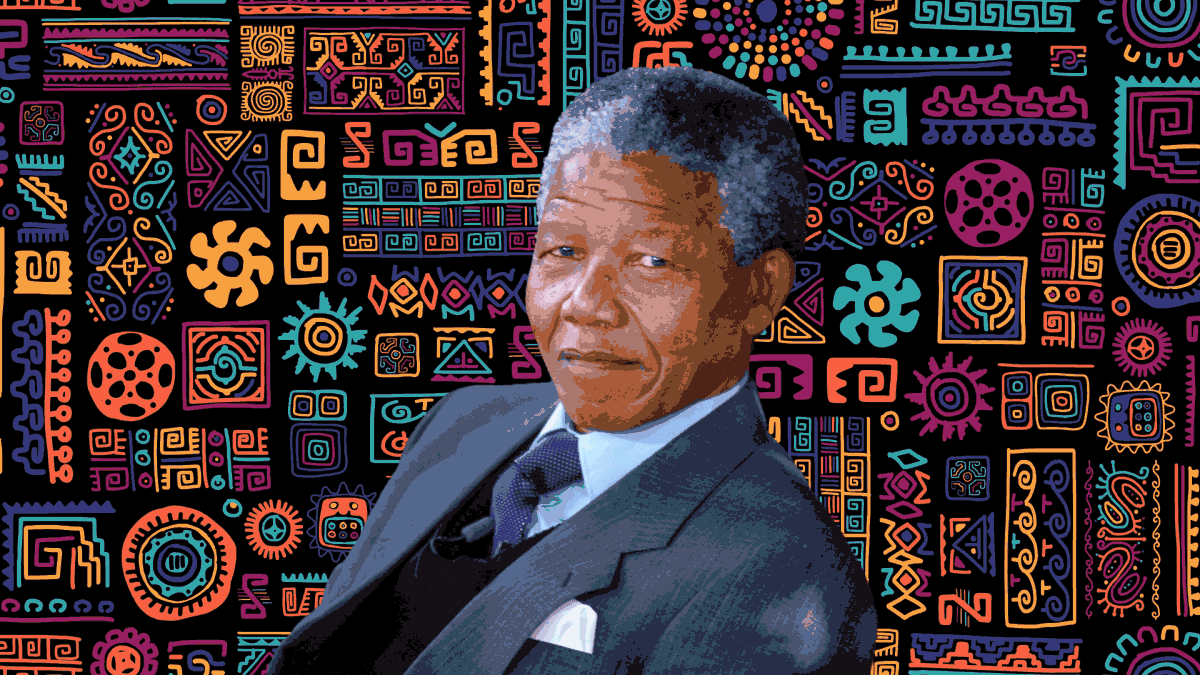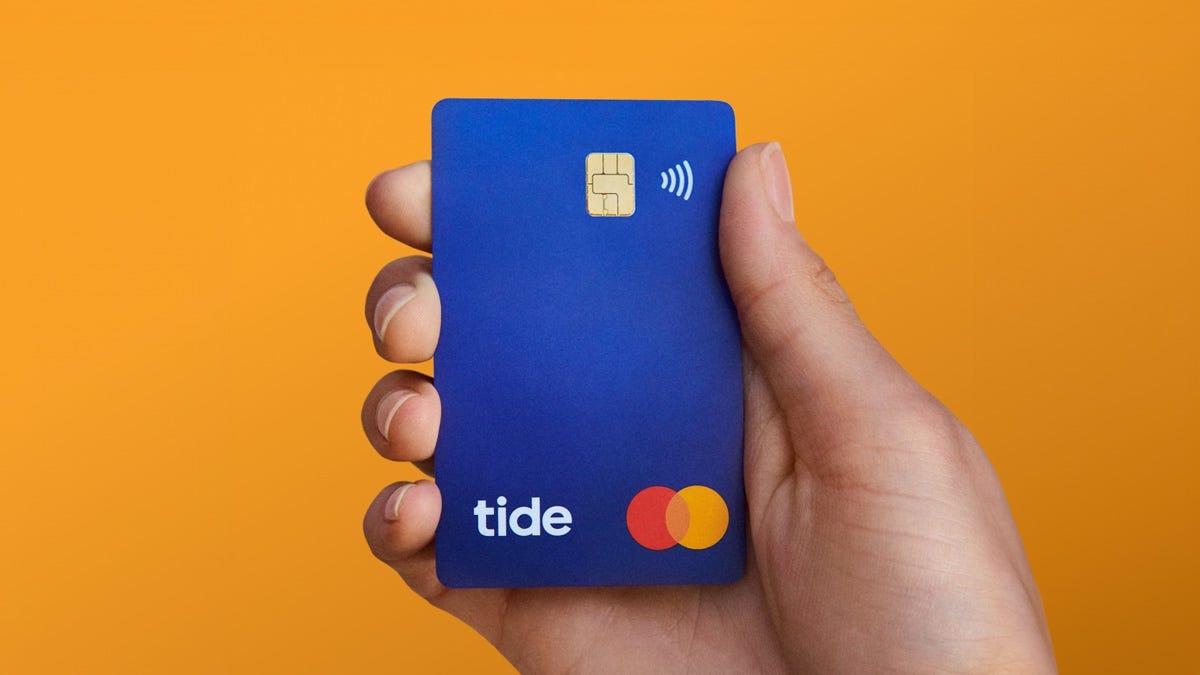Hello and welcome to the latest edition of Off to Lunch…
I grew up in a post-Apartheid South Africa. Though I went to school in one of the first racially blended generations, the scars of the past were never too far away. We had cricket matches where members of the opposition team would refuse to shake the hands of my black teammates.
Fast forward a few years and a baby-faced me is in the pub with a few friends the day after Nelson Mandela’s passing. We start discussing his legacy only for someone on the table next to us to say: “Bollocks, he’s a terrorist”. I truly had no words.
This is the first time I realised that some people abroad have this view. You can say they were narrow-minded or you could say they were flat-out racist, but the thought hadn’t even entered my mind.
It’s a fact that he co-founded an armed, radical wing of the then-rebel ANC Party called MK and that he was jailed for conspiring to overthrow the state. But after 27 years in prison, there was no scorched earth policy of revenge or even a subtle hint of malice. He voted down plans to ban the Springbok rugby emblem that his former enemy so coveted, instead encouraging the nation to get behind the team at the 1995 Rugby World Cup.
Madiba, as he was affectionately known, has an undeniable legacy. While non-South Africans may now look at this with the benefit of hindsight and a lack of knowledge of the history, the scary thought is that young South Africans are now beginning to doubt this legacy too.
South Africa’s elections are scheduled for the end of next month. A new political party named MK has risen, with the firm belief that Mandela didn’t go far enough to protect black people.
I was thinking about this as I read a piece in the Financial Times this week. The article quoted an activist born in 1994, the year Mandela became president, who said: “He abandoned the pursuit of Black liberation, including economic emancipation.”
It raises issues for CEOs too. All too often business is focused on the here and now, dealing with what’s immediate, rather than on the longer term. But thinking about how you want to leave a business and what it can go onto next is just as important. And that goes beyond its profits. What culture do you leave behind? How did you make people feel at work? What will they say about you when you’ve left?
Organisational psychologist and former NBA star John Amaechi said something in an interview with us last year that floored me:
Your direct report's children will know your name and they'll know you in one of two ways: they'll know you as the person who makes their parent or carer feel scared and stupid and instant, insignificant and invisible. Or they'll know you as the person who challenges and supports their carer or parent in equal measure. Who makes them feel energised and challenged and capable.
That's always our choice as leaders...
How will you be remembered?
Podcast…
The new episode of our Business Leader podcast looks at UK fintech Tide. In 2018 its founder, George Bevis, stood aside as chief executive and was succeeded by Oliver Prill. Since then, Tide has grown rapidly and transformed from a promising financial technology start-up to a company whose online banking services are used by one in 10 small and medium-sized businesses in the UK.
Prill discusses the challenges of becoming chief executive, how to disrupt the financial services industry and why regulators may hold back innovation in the UK.
You can listen to the episode on Substack here, Spotify here and Apple here
Other stories that matter…
1. John Lewis has made a move to ease the nerves of potential employees by publishing its interview questions for every role online, “for everyone to see”. Lorna Bullett, talent acquisition lead at John Lewis says: “Interviews can feel daunting and for some – particularly those who are neurodiverse – nerves can seriously impact performance.” You can read more here.
2. Sainsbury’s has announced its 2022/23 results showing its food business is "firing on all cylinders". The supermarket, which commands a 15.3 per cent share of Britain’s grocery market, spent heavily to keep prices low in a bid to attract customers. Underlying pre-tax profits increased to £701m, despite a slip in general merchandise and clothing sales. You see more here.
3. The world’s largest mining group BHP has tabled a proposed takeover of Anglo American. The £31bn bid would reshape the mining industry. Australian-based BHP’s bid will have many in the City sweating and “fuel anxiety over the flight of companies away from the UK capital“. You can read more here.
4. Labour has pledged to renationalise passenger rail within five years should it win the next general election. The Tories have labelled the plans "pointless", saying that it will cause higher taxes. You can read more here.
5. Harvard Business School professor Sunil Gupta has taken a deep dive into Amazon’s early growth strategy in the latest HBR On Strategy podcast. After years of studying the company and its founder Jeff Bezos, Gupta provides handy titbits that make for fascinating listening for scaling businesses. Listen to the episode here.
And finally…
Not long now until the latest edition of Business Leader magazine hits desks. Without getting myself in trouble for giving too much away, this edition is jam-packed with funding tips and stories. It also features interviews with the CEO of one of the world’s most prominent companies, deep dives into the VC landscape, the bible on how to pitch your business and a chat with a double-BAFTA winning TV personality…
I can feel the shepherd’s crook hovering over my head as we speak…
You can subscribe to receive the magazine straight to your door here
Thanks for reading. If you enjoy Off to Lunch then please share it with others and spread the word. If this newsletter was shared with you then please sign-up below to get Off to Lunch sent directly to your inbox








